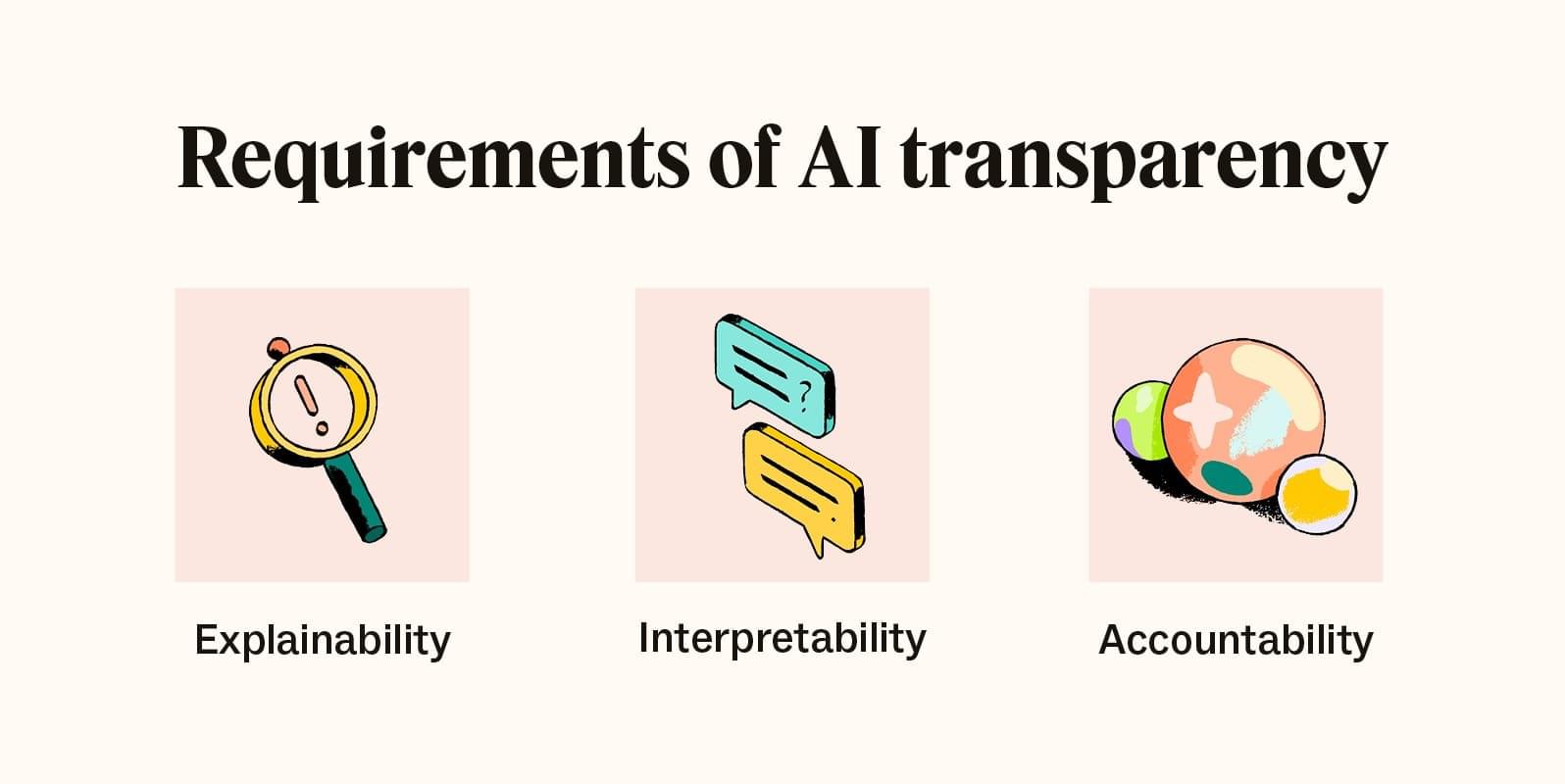Toward Transparent AI: Anthropic's Vision for 2027
The CEO of Anthropic, Dario Amodei, has set a bold new goal: to make artificial intelligence systems far more interpretable and understandable by 2027. This means breaking open the “black box” of AI models—those complex algorithms that currently operate with little visibility into how they make decisions. With AI becoming increasingly integrated into daily life, from chatbots to medical tools, this move could mark a turning point in making AI safer, more reliable, and accountable.

The Push for Transparency
Dario Amodei, a former OpenAI researcher and now the co-founder and CEO of Anthropic, is leading the push. He’s known for championing AI safety and ethical development, especially in large language models (LLMs) like Claude, Anthropic’s flagship AI. Amodei’s goal is to “fully open the black box” of advanced AI systems. That means building tools to understand what AI models are really doing under the hood—how they reason, make decisions, and represent knowledge internally.
Anthropic's Deadline
Anthropic has set 2027 as the deadline for achieving significant breakthroughs in AI interpretability. It’s an ambitious timeline, but one the company believes is necessary as AI models continue to grow more powerful and influential. Anthropic, based in San Francisco, is a major player in the global AI landscape. The company’s work affects tech policy and research communities around the world.
The Importance of Interpretability
Understanding how AI models work internally is essential for safety. Without this transparency, it’s hard to predict or control AI behavior—especially in high-stakes environments like finance, healthcare, or national security. Amodei argues that interpretability is key to building trustworthy AI systems.

The Path to Transparency
Anthropic is developing interpretability tools that aim to map out the internal structure of AI models, almost like reverse-engineering the AI brain. These tools could identify hidden representations, patterns of reasoning, and even internal “thoughts” of the model, making AI systems more transparent and controllable.
Anthropic is focusing on what it calls “mechanistic interpretability”—a method of understanding the internal mechanics of AI models at the neuron and circuit level. The idea is to translate the learned patterns inside the model into something humans can analyze and verify. This is similar to how neuroscientists study the brain by mapping out neural activity to explain cognition and behavior.
The Future of AI
By 2027, if Anthropic’s plan unfolds as expected, we may see a future where AI models are no longer mysterious black boxes but well-understood tools. This would pave the way for safer deployment in everything from self-driving cars to legal decision-making. The project could also inspire more collaboration across academia, industry, and government, bringing more open-source tools, frameworks, and standards for interpretability.
/industry-wired/media/post_attachments/wp-content/uploads/2024/01/Top-10-Breakthroughs-in-Explainable-AI-in-2024.jpg)
While the road is technically challenging, the payoff is huge: a future where AI is not just powerful, but also predictable, fair, and safe. Anthropic’s push to open the black box of AI by 2027 could mark a major leap forward in the transparency and trustworthiness of artificial intelligence.




















